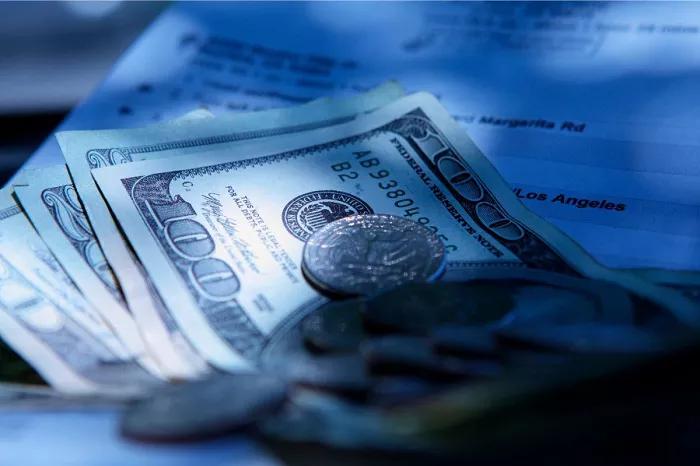U.S. President Donald Trump recently floated the idea of distributing a portion of the savings from his federal cost-cutting initiative, managed by billionaire Elon Musk, to American taxpayers. During a speech at an investment summit in Miami, Trump suggested that 20% of the savings could be given back to U.S. citizens, with another 20% dedicated to reducing the national debt.
“There’s even under consideration a new concept where we give 20% of the DOGE savings to American citizens, and 20% goes to paying down debt, because the numbers are incredible,” Trump said, referring to the Department of Government Efficiency initiative, which seeks to streamline federal operations.
This proposal aligns with Musk’s previous comments on the subject. Musk, who was present at the summit, responded to a suggestion on social media about a “DOGE Dividend” with $5,000 checks for taxpaying households, expressing interest in discussing it with Trump.
However, the proposal has drawn skepticism, as Trump’s cost-cutting efforts face legal challenges and scrutiny. Critics argue that drastic measures such as canceling contracts and laying off federal workers could harm essential government services while providing minimal long-term savings. Though the White House claims $55 billion in savings, the actual figures remain unclear, and some estimates suggest that the total amount of savings in the DOGE initiative might only total $8.6 billion—amounting to about $11 per taxpayer for the proposed 20% payout.
Despite concerns, Trump pointed to the buyout of 75,000 federal workers as a necessary step for long-term savings. Both he and Musk emphasized that these measures were crucial in addressing the nation’s growing debt.
With the U.S. recording a $1.8 trillion annual deficit and a national debt surpassing $29 trillion, reducing these shortfalls remains a central focus for Trump. The president, who spoke at the Future Investment Initiative Institute conference, touted his economic vision for revitalizing the U.S. economy, which has seen significant business investment in recent months.
Trump’s address also included a warning for foreign companies, particularly those engaged in industries like lumber, semiconductors, and pharmaceuticals, about the possibility of increased tariffs. The president is considering a 25% tariff on lumber imports, with potential for other industries to be targeted, depending on their production practices.
He emphasized his administration’s commitment to fostering the AI and cryptocurrency sectors, asserting that he aims to make the U.S. the global leader in crypto.
Trump’s ties to Saudi Arabia, particularly through investments from the country’s Public Investment Fund (PIF), were also a focal point. The summit, backed by PIF, saw Trump engaging with major business leaders, including Robert Smith, Josh Harris, and Adam Neumann, with the president courting the kingdom for further U.S. investments. Trump has long sought to deepen ties with Saudi Arabia, despite some controversies surrounding his remarks on Palestinian displacement and the potential conflict of interest linked to his business dealings in the region.
The summit also featured discussions on the U.S.-Russia dialogue on the war in Ukraine, with Trump making headlines for his involvement in efforts to end the conflict.
Related topics:
Central Banks Increasingly Use Dollar Forwards to Defend Currencies, Raising Long-Term Risks
Tencent Shares Surge as DeepSeek AI Integration Bolsters Confidence
USD/INR Strengthens Amid US Dollar Demand and Trade Talks with US


